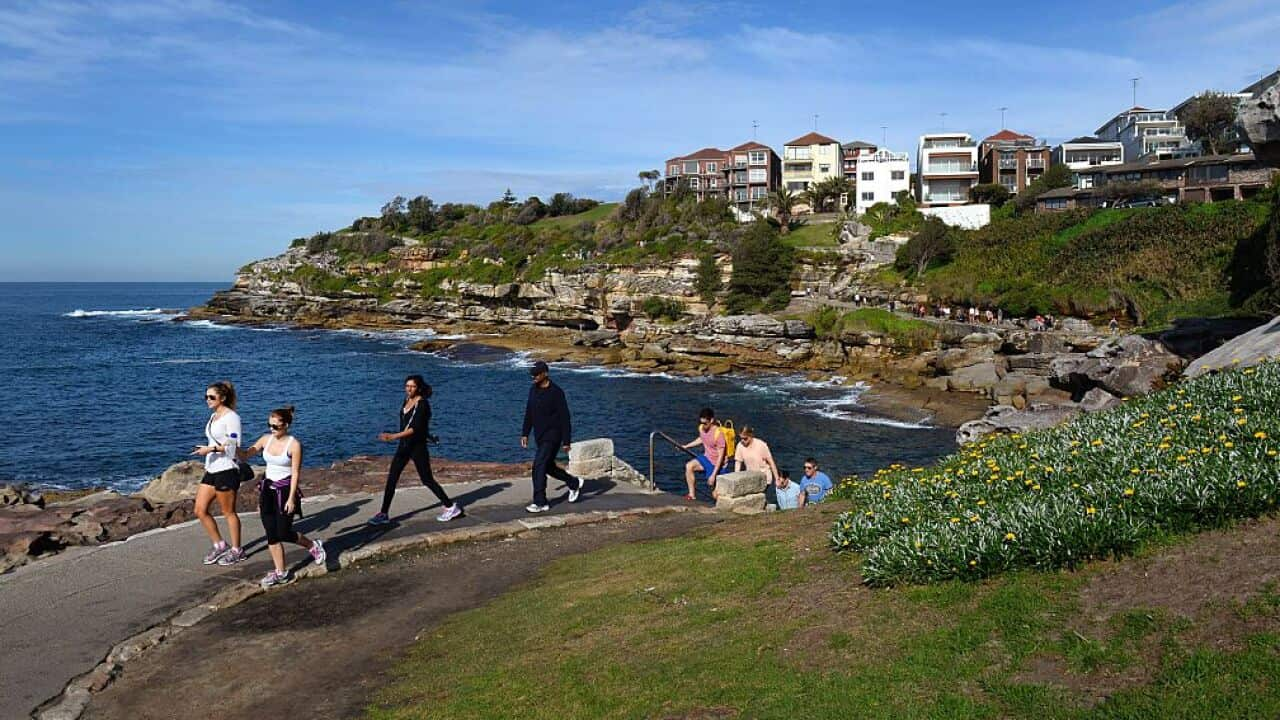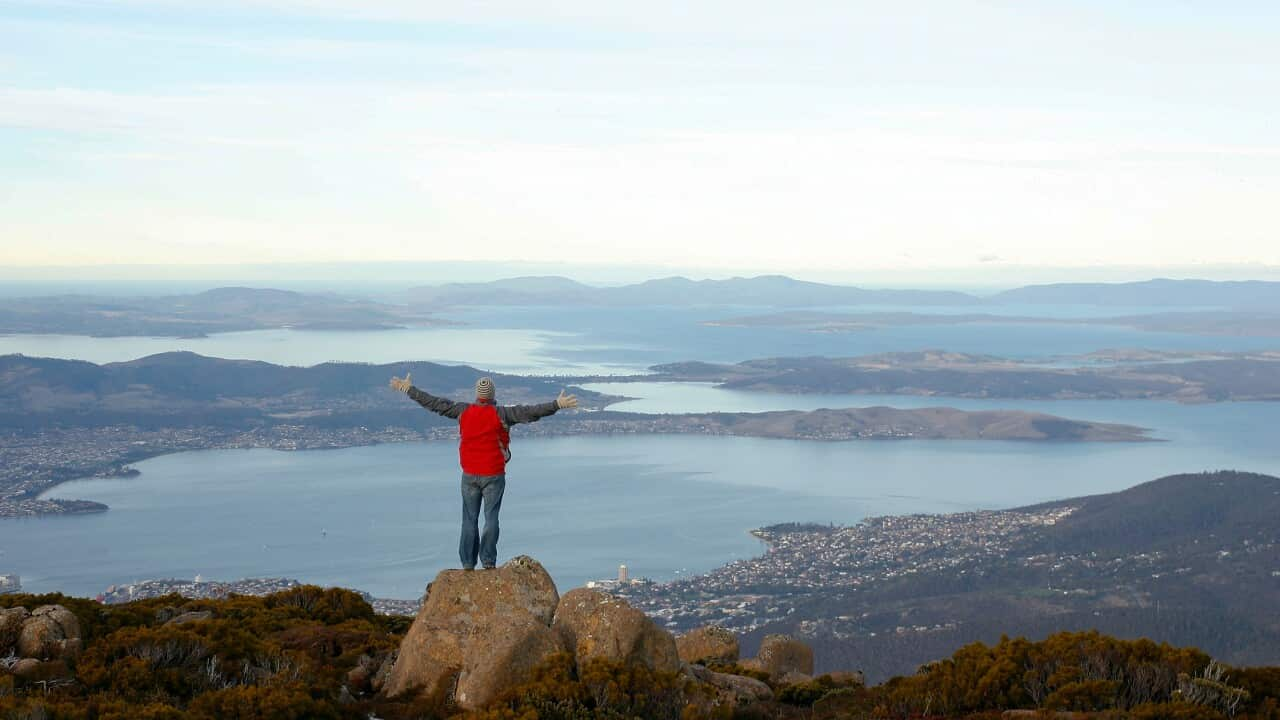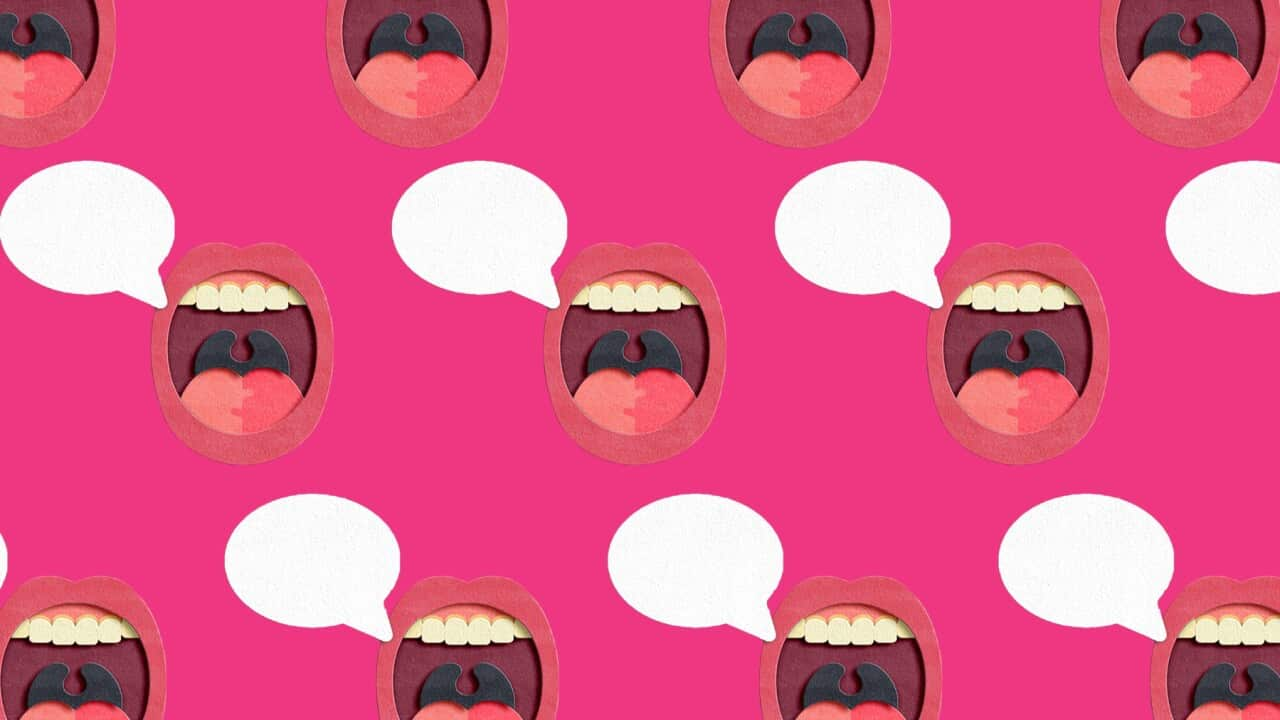Learning notes
Verbs:
Inhaling - to breathe in
Exhaling - to breathe out
Panting - to breathe in and out in a loud and heavy way
Sniffing - draw up air audibly through the nose to detect a smell
Snorting - forcing air quickly and noisily down or up your nose
Snoring - to breathe in a very noisy way while you are sleeping
Yawning - involuntarily opening your mouth wide and inhaling deeply due to tiredness or boredom
Colloquial expressions:
A breath of fresh air - something that is refreshing or new
Wasting your breath - the person you are talking to is not taking any notice and so there is no point saying anything to them
Short of breath - difficulty to breathe properly
To catch your breath - to stop or slow down, so that you can start breathing normally again
To sniff out - to find out what's going on
Takes your breath away - extremely exciting, beautiful, or surprising
Hold your breath - wait and expect something exciting
Hold your breath - wait and expect something exciting
Speak under your breath - to speak quietly
Transcript
Hi, you are listening to the SBS Learn English podcast, where we help Australians to speak, understand and connect.
In this mini pod series, we are talking about verbs related to our bodies and in this episode, we’ll be talking about breathing.
And where better to explore verbs and phrases related to breathing but to a place widely known for having the cleanest air in the world.
Tasmania! Can you feel it? The nose, the mouth, the windpipe and the lungs, these are all part of the human airway.
The medical word for when we breathe in is inhaling, and for when we breathe out it's exhaling. If I am sounding very smart it's what this fresh air does for my brains.
Seriously, fresh air is so important that we even use the phrase a breath of fresh air in our everyday language to describe something that is refreshing or new. For example: “After a day answering difficult questions in the office, chatting to Sue was like a breath of fresh air.”
A breath is a noun. It’s a thing. It’s the air we breathe out after it has been in the lungs. And if you take a piece of glass and blow you can see it, too.
To breathe, now that's a verb, that is, it describes what we do. When we breathe in, we take air into our body; when we breathe out, we push air out again.
Let's summarize this part. Breath is the thing we breathe out- breathe is what we do every day to bring air into and push air out of our body. Breath is a noun - breathe is a verb.
When we hear people complain about something that no one will listen to or help with, we say they're wasting their breath. For example, “I know you won’t come to the market with me, so I won’t waste my breath asking.
As I talk a lot while hiking through this beautiful Tasmanian bush, you can hear me panting.
Panting means to breathe in and out in a loud and heavy way. We tend to do this when we have to work very hard and need to take in more oxygen than usual.
Hey, I'd better keep my sentences shorter 'cause I’m getting short of breath. I need to stop and catch my breath, or I’ll need a doctor.
To catch your breath means to stop or slow down, so that you can start breathing normally again. But we also use it when we’re not really talking about breathing at all but just that we need to take a break.
If you like medical dramas on TV, or if you read a lot of news, you'll often see the word respiratory. That's a word we use to describe everything related to breathing.
So, a disease of the lungs is a respiratory disease: if you can’t breathe we might call that respiratory failure. The formal phrase for the human airway we talked about earlier is respiratory system.
I probably sounded a bit serious talking about these respiratory things. Oh, hello there, buddy! A rabbit came to have a look at what’s going on, to sniff out what's going on. I mean it is literally sniffing me. "Hi, pal!"
It's a very friendly fellow. Anyhow, to sniff means to breathe in through your nose quickly or noisily, usually because you want to smell something. But you can use the phrase sniffing out to mean to find out what's going on, not necessarily using your nose.
A horse just came, too, which is no wonder since there are plenty of horse-riding spots in Tasmania. Maybe he's having a day off.
The sound you just heard is snorting. That’s the sound made when we (or an animal) forces air quickly and noisily down or up our nose.
Sometimes people who are annoyed with something or someone might snort too. You can also snort with laughter if you think that something is very funny and you laugh in a noisy way. I happen to have sugar cubes - here it is, mate! I think I'm starting to make friends here.
A verb similar to snorting is snoring. It means to breathe in a very noisy way while you are sleeping.
Our audience, the rabbit, yawned. Yawning is to open the mouth wide and take a lot of air into the lungs and slowly send it out. We usually do this, when we are tired or bored. Ah, now I’m doing it, too. I must keep on, or I'll fall asleep.
After I said goodbye to my animal friends, I've came to Dove Lake and it's true what they say: everything here is breathtaking. Breathtaking means extremely exciting and beautiful.
Or if somebody or something really surprises you, you can say that it takes my breath away. You can say: “My daughter looked so beautiful in her new dress that it took my breath away.
For the last part of my short Tasmania trip, I've decided to present you - hold your breath - that means wait and expect something exciting, Tasmania's hidden gem...
The Allport Library and Museum of Fine Arts! Trust me, it is exciting! These books, tools, maps and their secrets from centuries long ago just call you to study them.
And while I'm entering the museum, I have to speak under my breath. That means to speak quietly so that I don't disturb other visitors. Or perhaps I'll just go completely silent to feel the magic of Tasmania's history.
More episodes

Minipod: Verbs about eating
READ MORE

Minipod: Verbs about walking









